Unveiling the Triumph of Innovation: Recap of the "Digital Future of Justice" Hackathon
Hackathon in France for the Council of EuropeParis, France – November 18th and 19th, 2023
In the heart of Paris, a dynamic convergence of legal minds and digital innovators unfolded at the “Digital Future of Justice” hackathon, an event transcending borders and disciplines. Hosted by the Council of Europe, this groundbreaking initiative, identified by the project code name TJENI, aimed at reshaping the future of justice in the digital era. The hackathon witnessed spirited participation from six diverse countries—Cyprus, Greece, Lithuania, Romania, Poland, and Norway.
Unveiling Project TJENI: Nurturing the Confluence of Law and Technology
The Council of Europe’s TJENI project, a monumental undertaking, strives to educate legal professionals about the dynamic landscape of the European Court of Human Rights’ case law. Embracing technology, the project enlists the support of students and researchers to bolster the protection of human rights in an era marked by rapid technological evolution.
The project’s central goal revolves around fostering transparency in judicial decisions and amplifying the nationwide adoption of the European Convention on Human Rights (ECHR). In an era where technology evolves at a dizzying pace, the TJENI project endeavours to empower legal practitioners to stay abreast of these changes, ensuring the unwavering protection of human rights.

Hackathon Chronicles: Bridging Legal and Digital Realms
The hackathon’s primary objective was clear—to architect creative solutions that harmonize the efforts of users, digital fields, and law enforcement agencies. The challenge, aptly named “Foster Transparency of Judicial Decisions and Enhancing the National Implementation of the ECHR,” was meticulously executed under the aegis of the Council of Europe and funded by the EEA and Norway Grants Fund for Regional Cooperation. Kreativdistrikt took the reins in organizing this grand symphony of legal and digital collaboration.
The unique dynamic emerged from the diverse backgrounds of the participants, representing either the legal or digital fields. Their collaboration injected complexity and coherence into the solutions generated during the hackathon. Working in cross-disciplinary groups, participants melded ideas and expertise from legal tech, software development, machine learning, data science, user experience design, and legal expertise to craft intricate and practical solutions.
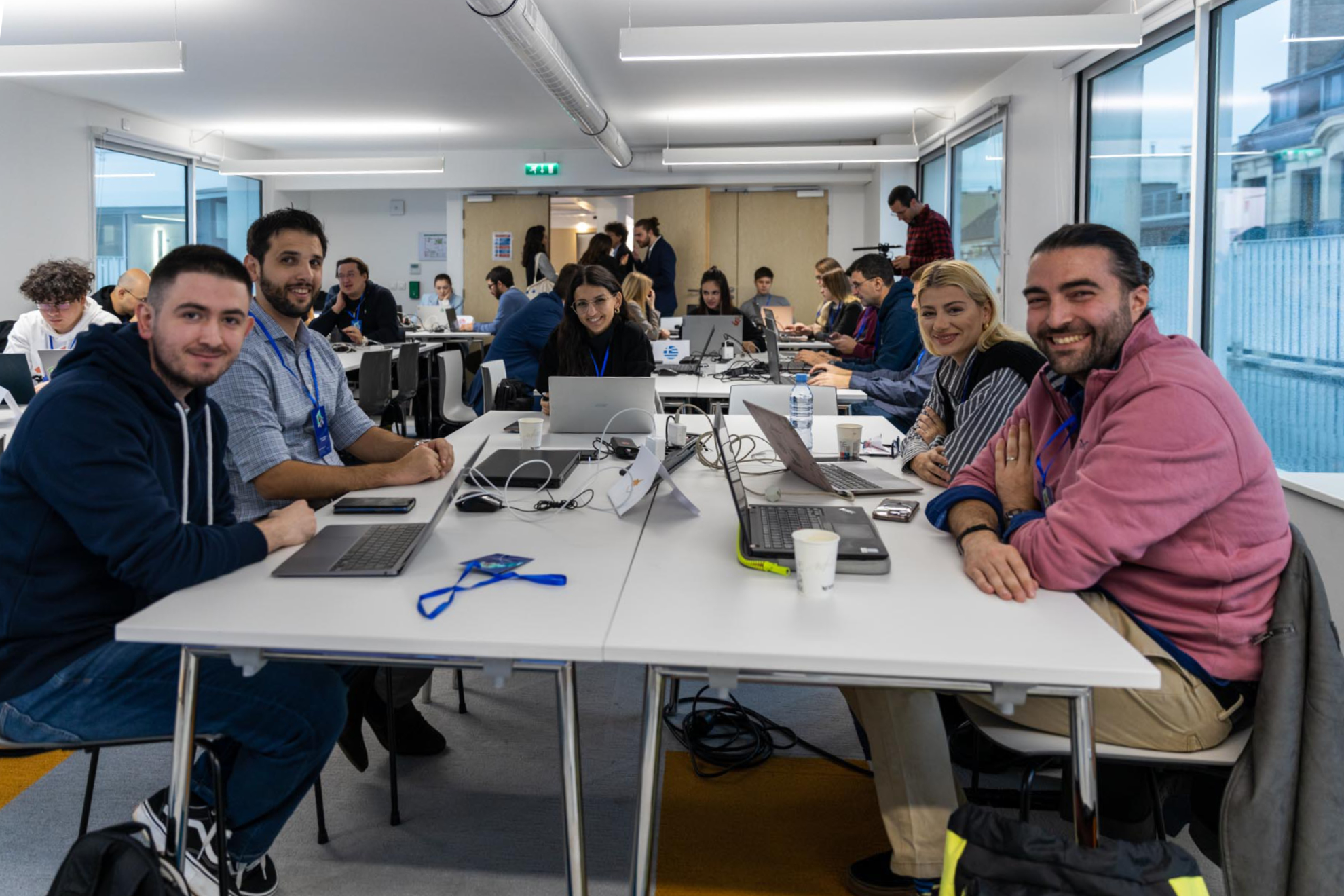
Illuminating Solutions: The Top Three Projects
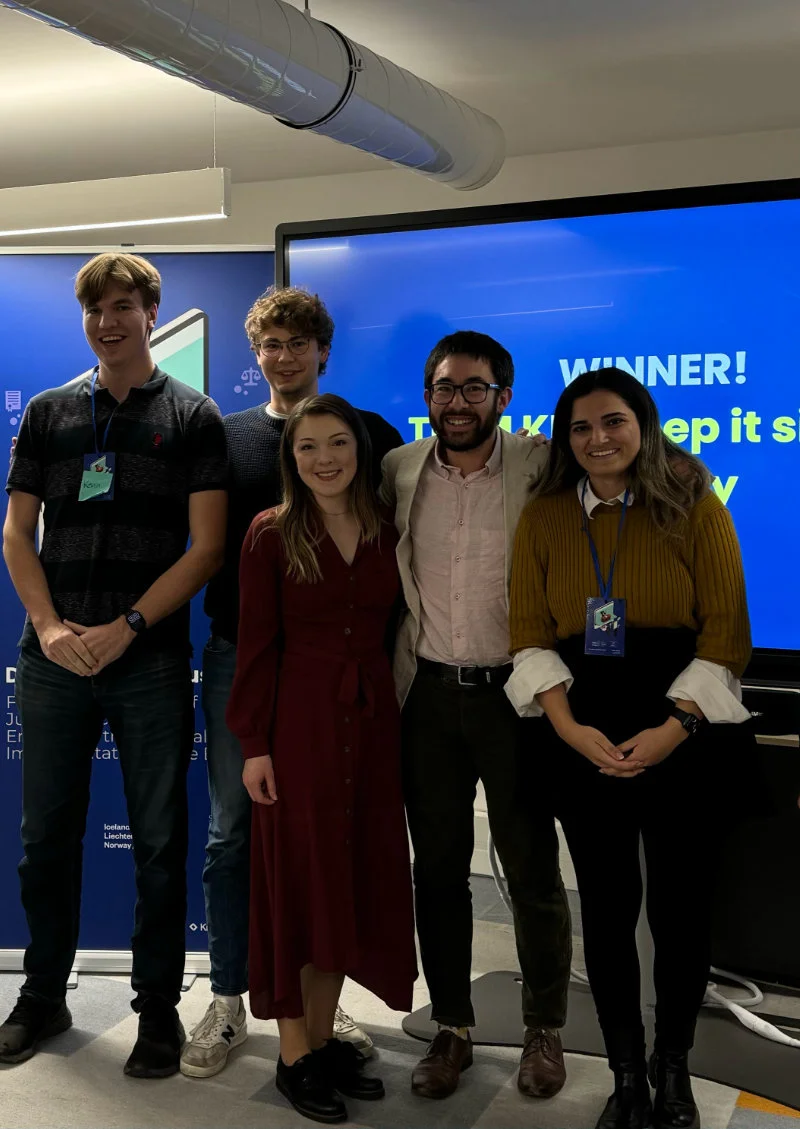
1st Place: Team “KIS – Keep It Simple” (Norway)
The Norwegian champions tackled the inefficiencies of the current HUDOC platform by visualising intricate cases linked to ECHR keywords. Their tool, designed for legal experts, aims to provide a user-friendly visual format, index cases using KeyBERT, and offer brief synopses of prior human rights cases.
TEAM COMPOSITION:
Oliver Ruste Jahren
Inger Liepelt
Nasjida Noorestany
Dan Uehara
Lorenz Keefer
2nd Place: Team “LegaRo” (Romania)
Team LegaRo centred their project on the core tenets of the rule of law—coherence and transparency. Their scalable solution aimed to systematise court decisions, incorporating sub-models for adaptability while addressing security concerns. Using their own Word Embeddings, they trained 7 LORAS on the BERT architecture, a testament to their commitment to innovation.
TEAM COMPOSITION:
Carol-Luca Gasan
Adrian-Nicolae Ariton
Alexandru-Constantin Ariton
Adrian ONACĂ
Horia Mercan
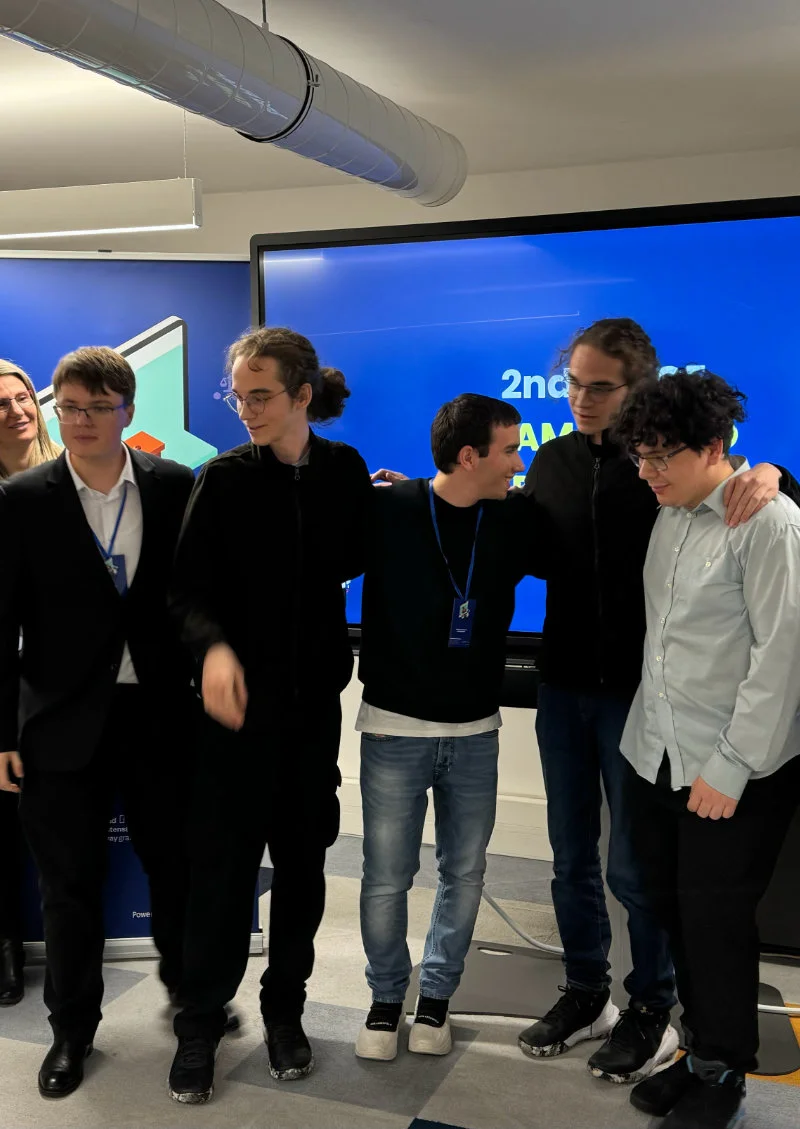
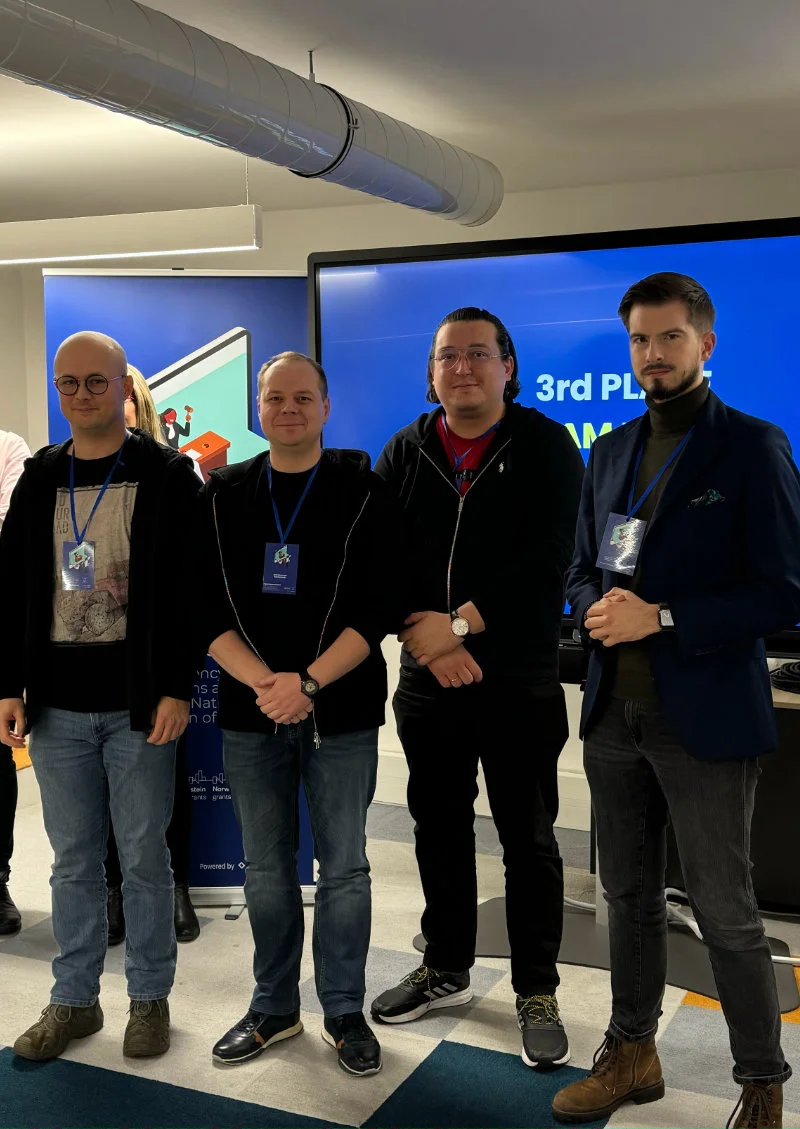
3rd Place: Team “PolON” (Poland)
PolON proposed an AI-powered search engine to organise and classify domestic case law using keywords and content from the Convention. Their solution promises an efficient, user-friendly tool for simultaneous searches in domestic and ECHR case law, reflecting a dedication to accessibility and innovation.
TEAM COMPOSITION:
Bartłomiej Oręziak
Emil Murawski
Ryszard Mozolewski
Maciej Kalama
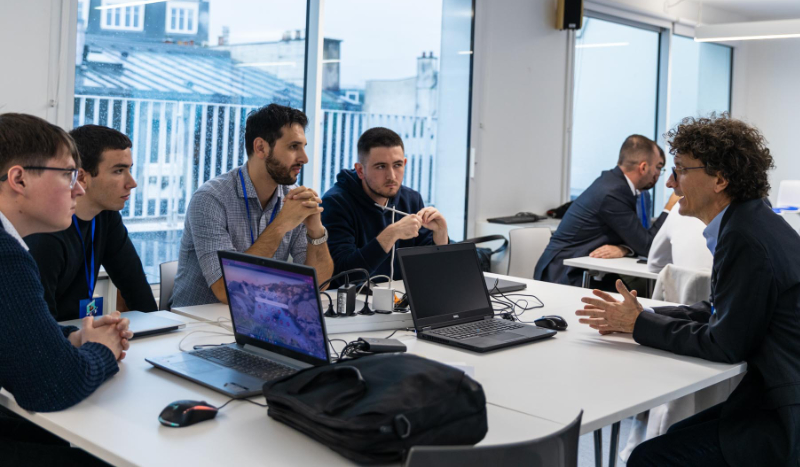
Beyond Borders: Navigating Challenges and Celebrating Success
The genuine success of the hackathon lay not only in the innovative solutions but also in the intricate logistics that brought participants from six different countries to Paris. Despite challenges like airport strikes and daily logistic reorganisation, meticulous planning ensured a seamless experience for all participants.
In a prelude to the intense hackathon, three virtual sessions equipped participants with essential information about tools, international laws, and logistical specifics. The event kicked off with a celebratory dinner at the classic French restaurant, Bourgogne Sud Paris, setting the stage for collaboration and innovation.
PEOPLE IS WAITING TIGHT FOR YOUR EVENT TO BEGIN.
Book an appointment without pressure today and let’s start organizing your event today!
A Tribute to Mentors, Judges, and Stakeholders
The TJENI Hackathon wouldn’t have reached its pinnacle without the guidance of mentors, the astute evaluation by judges, and the meticulous organisation by stakeholders. Mentors, chosen for their expertise, led teams to realise their full potential, while judges meticulously evaluated projects based on well-defined standards, including innovation, feasibility, scalability, and adherence to data security and privacy standards.
Stakeholders played a pivotal role in organising every detail, ensuring a focused and conducive environment for the participants to tackle complex challenges.
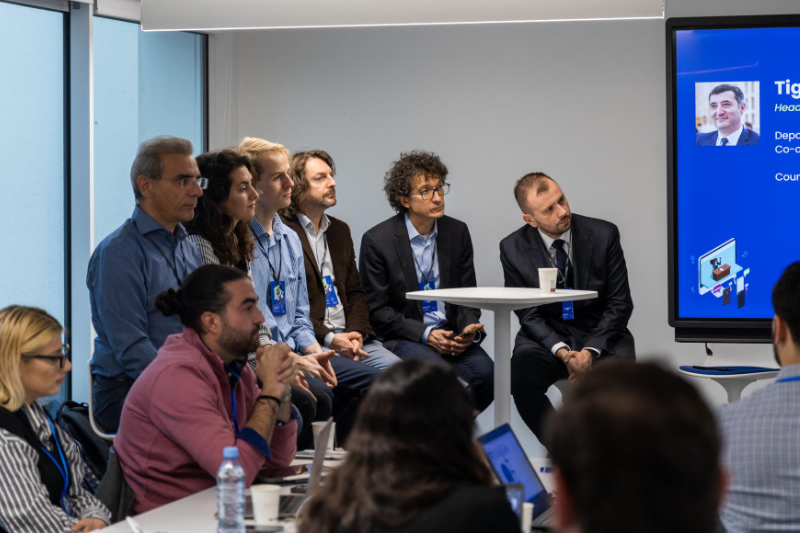
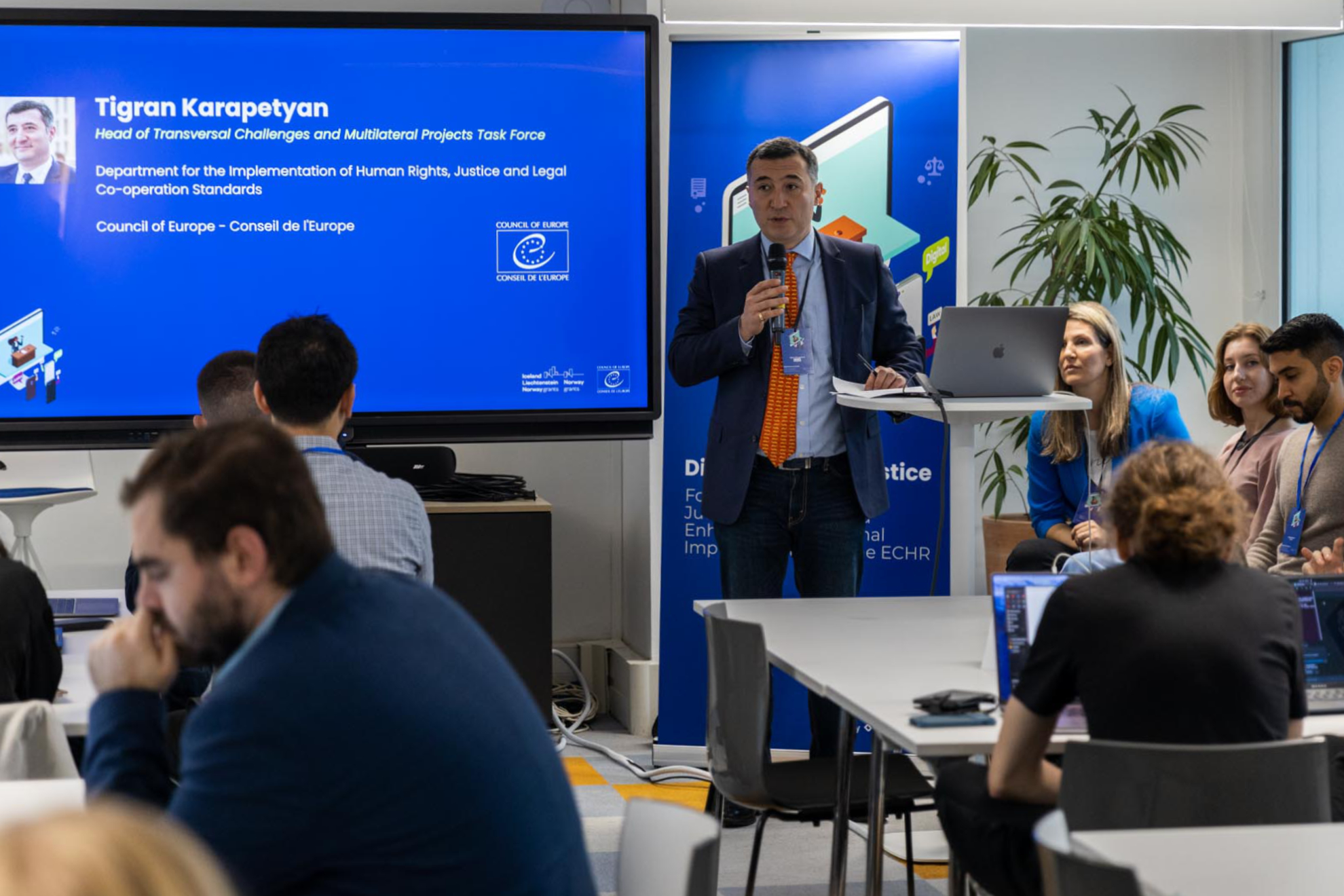
Shaping a Safer Digital Future: A Shared Vision
In an era where the exchange of sensitive data is more prevalent than ever, the Council of Europe’s commitment to protecting personal rights through the TJENI project is not just commendable but vital. Every solution crafted during the hackathon, leveraging digital expertise for legal authorities, contributes significantly to our collective digital safety.
The hackathon served as a forum for digital and legal experts to not only exchange knowledge but also combine forces to address shared challenges. The collaboration transcended competition, leaving participants with valuable connections and a heightened commitment to protecting our rights.
Celebrating Achievements: The Prizes and Beyond
The awards ceremony saw the winning team, “KIS – Keep It Simple” from Norway, taking home €3,000. The second and third-place winners earned individual subscriptions to ChatGPT Plus or a GitHub Team. Beyond the tangible rewards, the winning team received an invitation to the Cyberjustice Conference, propelling their project to new audiences.
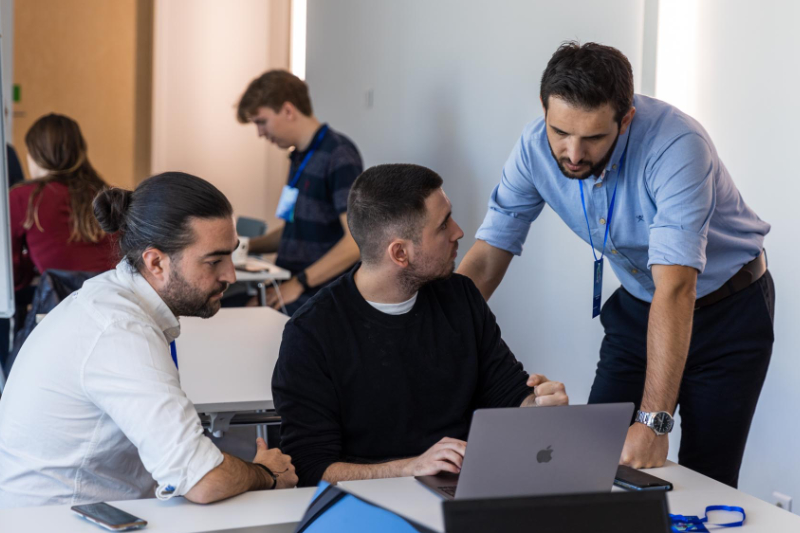
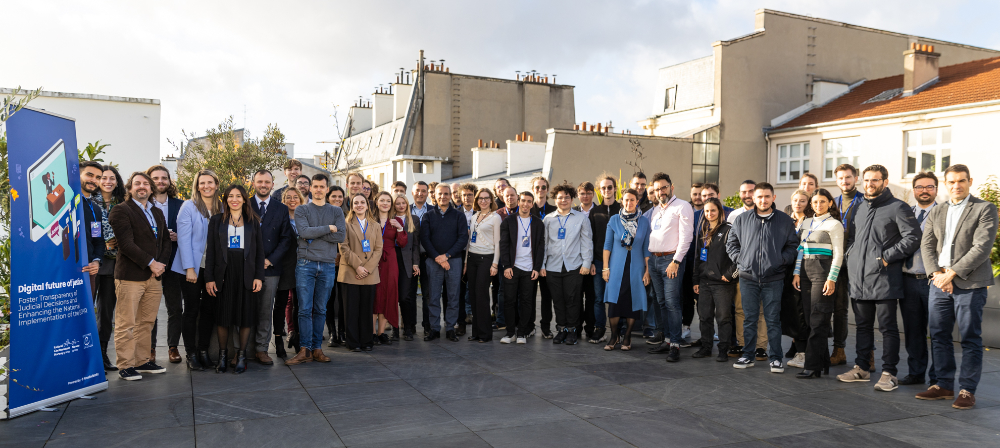
Wrapping Up: A Harmonious Blend of Work and Play
Fostering unity among the six participating nations, an icebreaker activity initiated connections that endured throughout the event. The hackathon embraced a philosophy of working hard and playing hard, injecting fun through mini-challenges and activities that kept the atmosphere lively.
As the curtain falls on the “Digital Future of Justice” hackathon, the KDKT team expresses gratitude to all participants, mentors, judges, stakeholders, and partners. The collaborative spirit exhibited during these two days lays the foundation for future endeavours, promising a brighter, more connected future.
Until next time, let the echoes of innovation resonate.
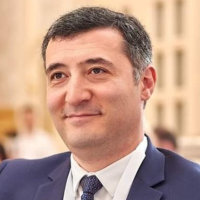
“In an era where the exchange of sensitive data is more prevalent than ever, the Council of Europe’s commitment to protecting personal rights through the TJENI project is not just commendable but vital. Every solution crafted during the hackathon, leveraging digital expertise for legal authorities, contributes significantly to our collective digital safety.
The hackathon served as a forum for digital and legal experts to not only exchange knowledge but also combine forces to address shared challenges. The collaboration transcended competition, leaving participants with valuable connections and a heightened commitment to protecting our rights.”
Tigran Karapetyan, Head of Transversal Challenges and Multilateral Projects Task Force Division of the Council of Europe, Judge of the TJENI Hackathon
Council of Europe
The Council of Europe is an international organisation established in the wake of World War II to uphold human rights, democracy and the rule of law in Europe.
The TJENI Project aims to propose methodological and technological solutions for anonymisation (pseudonymisation) of judgments for their publication and categorisation.
EEA and Norway Grants
The EEA and Norway Grants are funded by Iceland, Liechtenstein and Norway. The Grants have two goals – to contribute to a more equal Europe, both socially and economically – and to strengthen the relations between Iceland, Liechtenstein and Norway, and the 15 Beneficiary States in Europe.
Get in touch with us today!
Book a time slot on our calendar and we will be happy to guide you all the way to a successful online hackathon!


